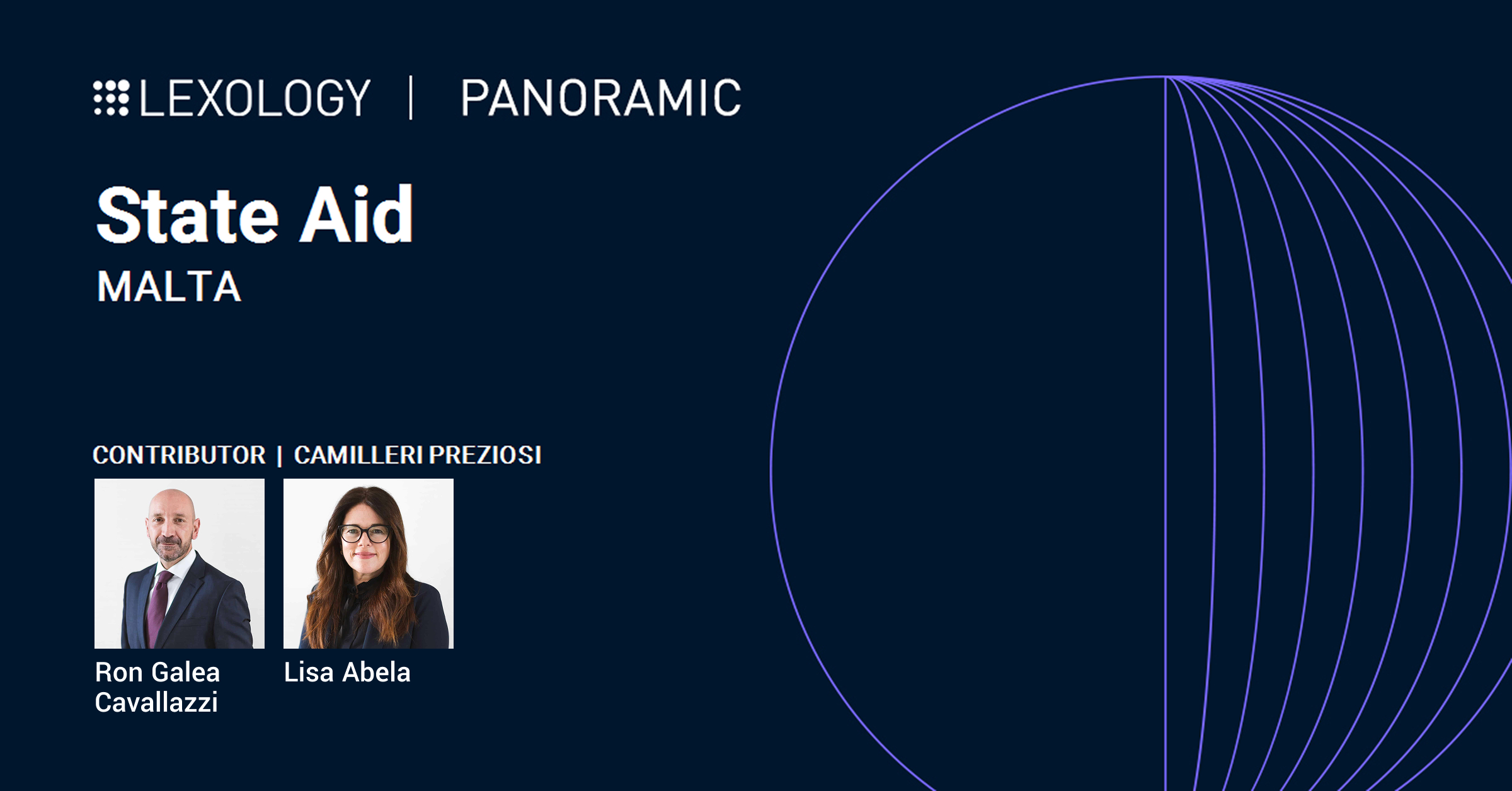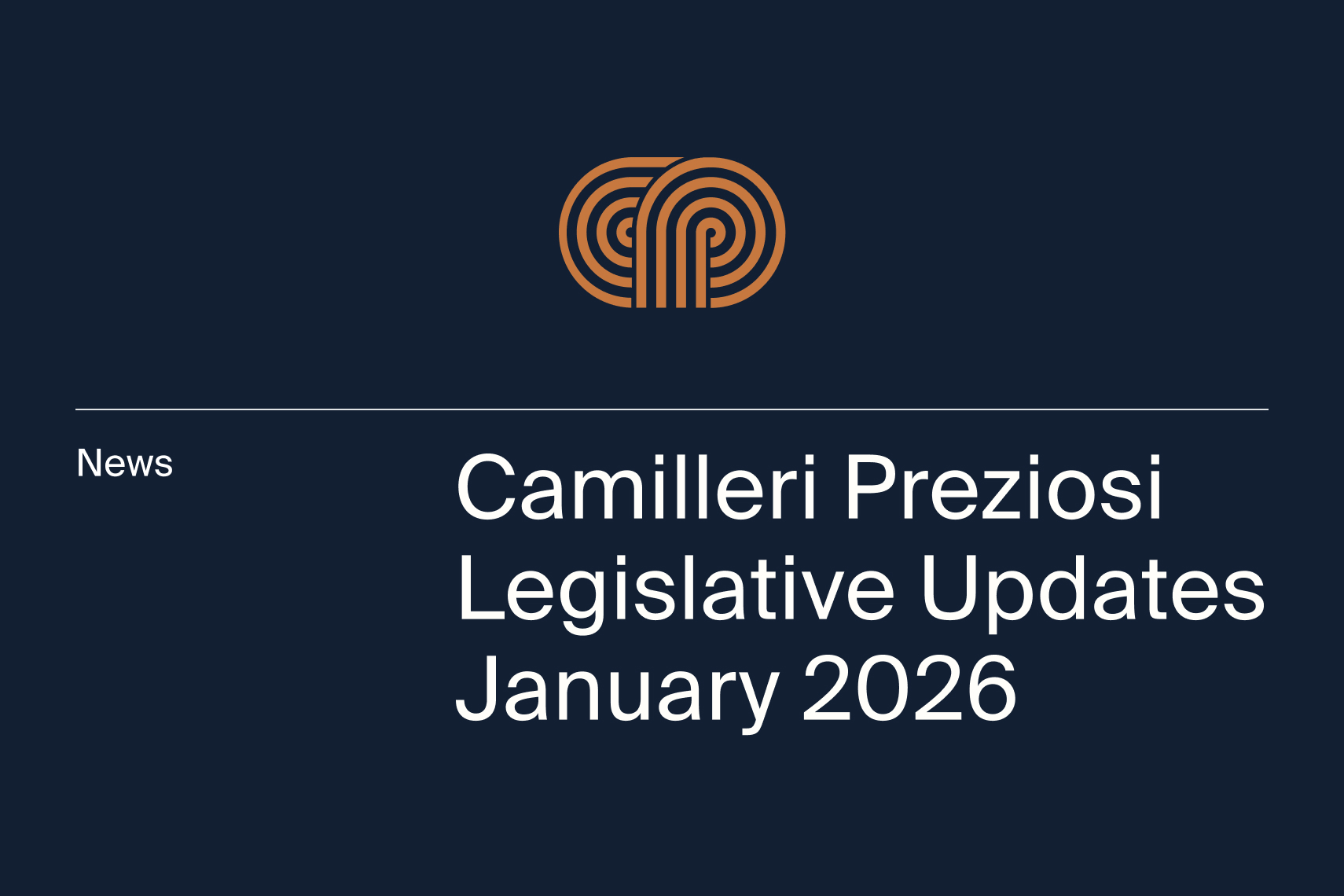
Ron Galea Cavallazzi and Lisa Abela have contributed the Malta Chapter in the publication by Lexology Panoramic: State Aid 2025. The Chapter highlights that Malta’s state aid policy is largely shaped by EU regulations The country’s approach to subsidies is generally supportive, particularly in areas like agriculture, environmental protection, culture, and regional development.
By way of overview on expenditure allocation:
Economic Disturbance: 50.4% of the state aid expenditure in 2022 was allocated to address a significant disturbance in the economy.
Environmental Protection: 16.4% was directed towards improving sustainability, particularly in energy savings and environmental initiatives.
Culture and Heritage: 12.3% was earmarked for cultural and heritage-related projects.
Regional Development: 8% was invested in regional development, underscoring the commitment to supporting growth beyond urban areas.
Malta employs a range of state aid schemes designed to foster economic growth, tackle market failures, and promote sustainability. The State Aid Monitoring Board (SAMB), established under the Business Promotion Act (Chapter 325 of the Laws of Malta), is the key authority overseeing state aid matters in Malta. It serves as the national contact point for EU institutions, particularly the European Commission, on all state aid issues. Malta does not have a single central body for granting state aid. Instead, state aid is distributed through various ministries, government departments, agencies, and local authorities, each of which can administer its own aid programs. This flexible approach allows Malta to align with EU frameworks while addressing national priorities.
The full chapter can be accessed here.









